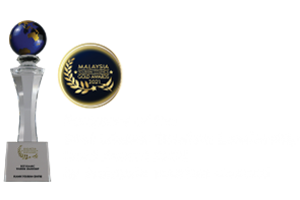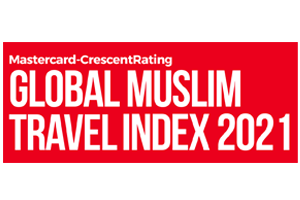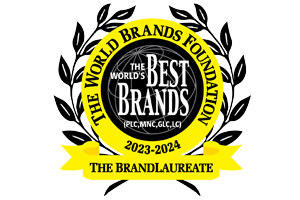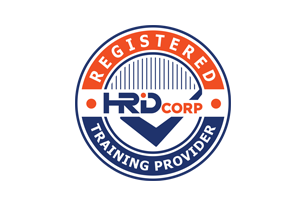ASSOCIATE Professor Dr Fazida binti Karim, Lecturer and Director of the Centre for Career, Technopreneurship, and Smart Networking at Universiti Sultan Zainal Abidin (UniSZA), shared that based on her research, several best practices should be adopted to ensure compliance with Muslim-friendly standards.
These include the following:
- Halal-Certified Products:
Spa operators must ensure the use of halal-certified skincare, massage oils, and beauty products to guarantee that all consumable items comply with halal standards.
- Gender Segregation & Privacy:
Separate treatment areas for men and women should be implemented as a key guideline for Muslim-friendly spas. Operators should hire same-gender therapists and design private treatment rooms to maintain modesty.
- Shariah-Compliant Attire:
Based on research, including interviews with the Association of Malaysian Spas (AMSpa), Malaysia Association of Wellness and Spa (MAWSpa), and other stakeholders, spa operators should enforce a proper dress code to ensure modesty and appropriate coverage.
- Prayer Facilities:
Dedicated prayer spaces should be allocated within spas, even if small, and equipped with essential items such as prayer mats, qibla direction indicators, and ablution areas.
- Ethical Business Practices:
Staff should be trained in Islamic ethics and hospitality to create a respectful and modest environment, preventing any practices that contradict Islamic values.
- Compliance with Maqasid Shariah:
Spa operators should adhere to Maqasid Shariah principles, which prioritise physical well-being and ethical wellness practices. Compliance also involves educating customers on self-care and holistic wellness from an Islamic perspective.






